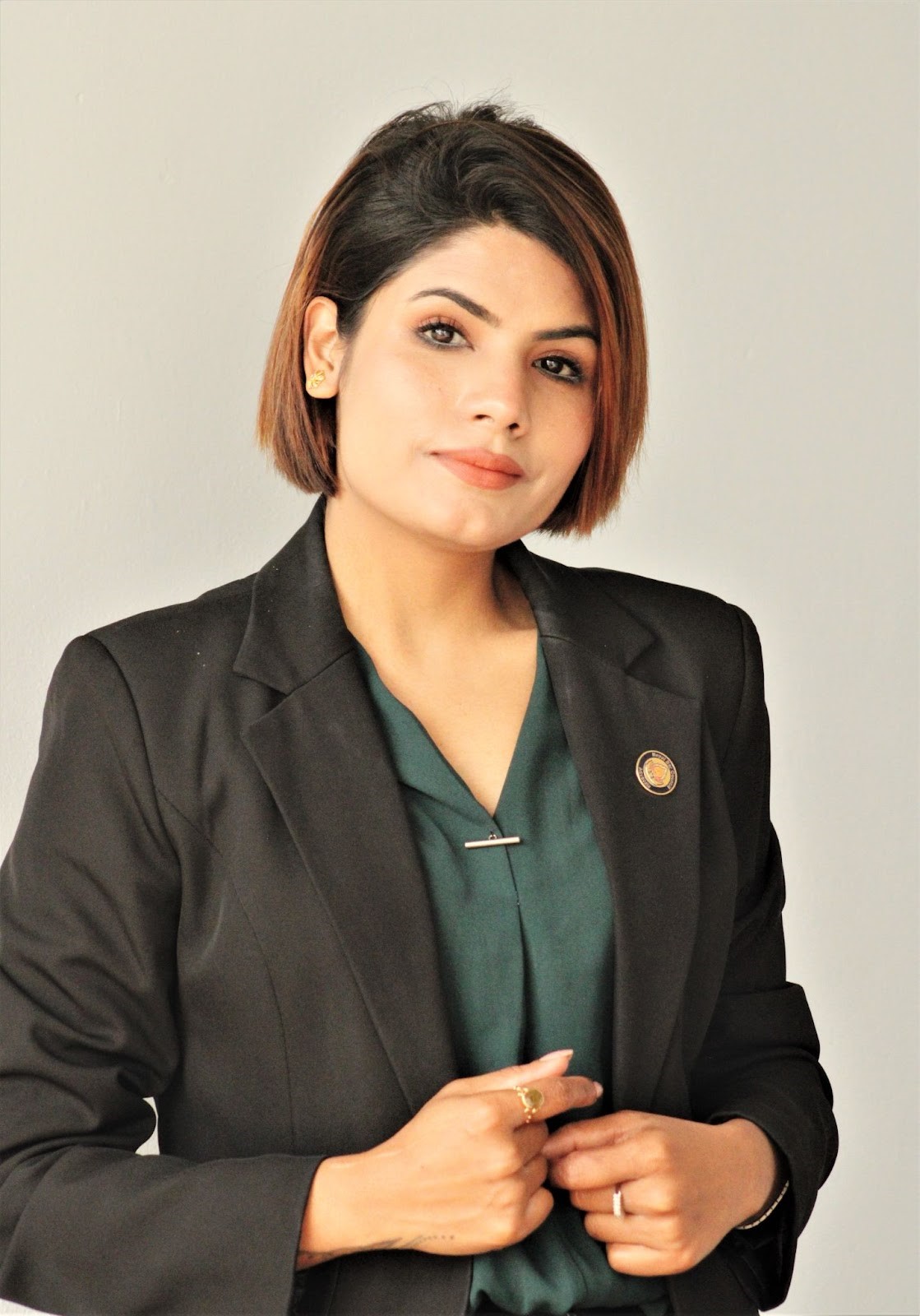THEMES WE WORK ON
Thematic
Together, we work to advance the rights and inclusion of refugees and other people in need of protection in the Asia Pacific region.
Background
There is an increasing focus on refugee youth’s participation in advocacy and governance which affects their lives. Many global forums are now actively involving refugee youth and youth-led organisations which are pioneering innovative responses to the issues young refugees face.
Despite this, refugee youth across the Asia Pacific region face compounded barriers to social integration, protection, assistance and resettlement. Access to education, particularly higher education is one of the key challenges refugee youth face, which leads to limited employability or access to opportunities. Furthermore, refugee youth lack safety due to inadequate documentation and inaccess to registration or other protection means. The majority of refugee youth lack participation in matters they value, which leads to a lack of youth voice in many advocacy processes.
Latest
The APRRN Youth Working Group partnered with the University of York's Centre for Applied Human Rights on a project entitled 'Supporting Refugee Youth-Led Organisations in the Asia Pacific Region’ from November 2021 to April 2022. The project had three key aims, namely: to identify and map refugee youth organisations in the region and highlight their current projects; to identify the challenges faced in their work; and to identify the support needed and how APRRN could provide such support. In May 2022, the Youth Working Group held a presentation of project research findings and recommendations. 40 APRRN members attended this meeting.
Focus Areas and Work
Our focus areas:
- Organise capacity building and youth development initiatives to support young people in undertaking youth-led advocacy activities
- Share information, foster collaboration and enhance collective advocacy on range of youth issues in the region
- Developing advocacy for refugee youth to access schools, colleges and Universities of the host countries.
- Developing advocacy and policy statements on dignified jobs for refugee youth.
- Establishing social cohesion and peaceful coexistence strategies between refugee and host communities’ youth e.g. through sports activities.
- Creating advocacy on transferring linguistic skills of the host countries to refugees’ youth.
- Developing strategies, policies, recommendations on psychosocial support to refugee youth through both the refugees as well as hosting communities peer support
Some of our efforts:
- To provide a mechanism for identification of issues of concern to refugee young people in the Asia Pacific region and provide strategic input to shape the direction and key priorities in addressing gaps in engaging with refugee youth across the Asia Pacific region.
- To promote refugee youth leadership and participation in the region.
Refugee Youth Summit 2024
In commemoration of World Refugee Day 2024, the Asia Pacific Refugee Rights Network (APRRN) Youth Working Group hosted the Refugee Youth Summit on 22nd June with the theme of "Nothing About Youth, Without Youth!". We’ve brought young voices together in a 90-minute virtual summit where we dived into the value of protecting refugee rights and how YOUTH can make a difference in this climate. We also had an amazing line-up of panellists who dived deeper into their stories of community activism and refugee advocacy. This summit was also a space for networking, building a sense of solidarity with the refugee youth movement, and harnessing youth-led advocacy and action. We're proud of bringing these energies and power together for common purposes: to empower youth, to advocate for the rights of refugees, and to foster leadership that inspires and transforms communities.
Watch the Refugee Youth Summit 2024
Leadership
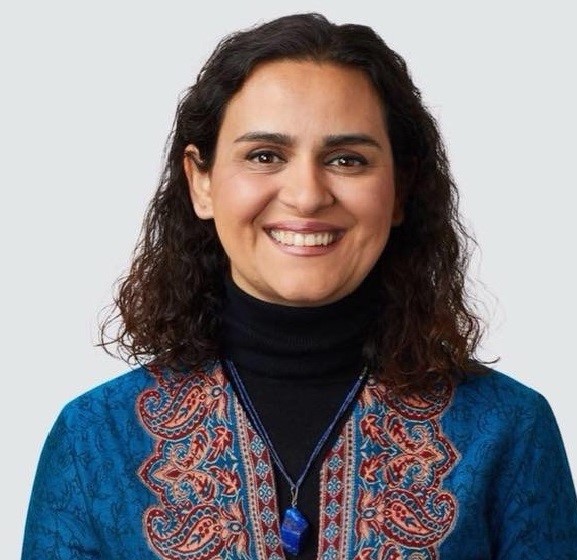
RANA EBRAHIMI
Youth Working Group Chair
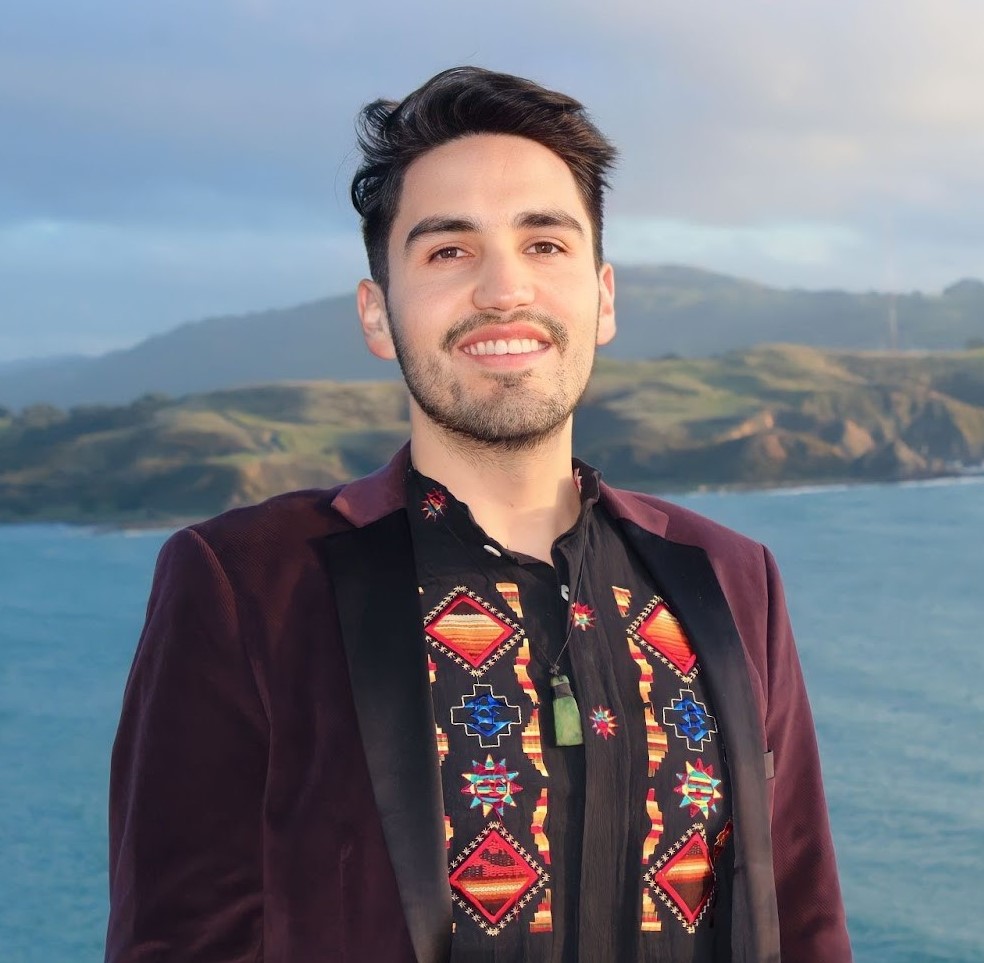
DANIEL GAMBOA
Youth Working Group Deputy Chair
Background
Following on from the 2018 Global Summit of Refugees and Asia Pacific Summit of Refugees, one of the outcomes was the establishment of the Refugee Leadership and Participation Working Group. The objective of this Working Group is to support fellow refugees, relevant global initiatives, and other stakeholders to advocate for the right to refugee self-representation, to promote positive changes to the regional and global refugee architecture (including within development and humanitarian systems), and to enhance refugee inclusion on local, national and international levels. The Working Group also seeks to advise and build the capacity of APRRN and its members to better engage with and support refugee-led advocacy in the Asia Pacific region, and to provide a link between APRRN and the emerging global refugee advocacy network.
Focus Areas and Work
The Refugee Leadership and Participation Working Group seek to provide direction, advice and support to the APRRN Secretariat, Steering Committee and Working Groups on how to better engage refugee-led organisations, and networks and meaningfully include refugees in decision-making processes, advocacies and programming.
During the First Global Refugee Forum 2019, A joint pledge was put forward by APNOR and APRRN to co-create enabling environments for refugees and affected others as well as for meaningful participation. Through this Working Group, we are to support members in the implementation of pledges including through mutual capacity-strengthening, joint advocacy, and reporting against pledges. The Working Group also intends to develop recommendations for how pledge partners can more effectively co-create a sustainable enabling environment for the leadership and meaningful participation of refugees and other affected people in all decisions affecting their lives.
Some of our efforts:
- Advise and build the capacity of APRRN and its members to better engage with and support refugee-led advocacy in the Asia Pacific region, and to provide a link between APRRN and the emerging global refugee advocacy network
Latest
The first Asia Pacific Summit of Refugees, inspired by the Global Summit of Refugees which took place in June 2018 in Geneva, commenced in Bangkok on 22 October 2018. The summit represents an inaugural and historic moment of refugee self-representation in the region. 30 refugee leaders from 5 refugee hosting countries gathered for the Summit in Bangkok, while 78 others joined in virtually from sub-regional hubs in Malaysia, India, Iran, Australia and Indonesia. It was an event organised by refugees, with refugees themselves setting the agenda.
The second Asia Pacific Summit of Refugees, held from 9 to 11 November 2021 brought together refugees, refugee-led organisations & stakeholders to track the progress of refugee-led initiatives and launch APNOR's Agenda For Change.
Read more on the Meaningful Refugee Participation and Refugee Leadership
Leadership
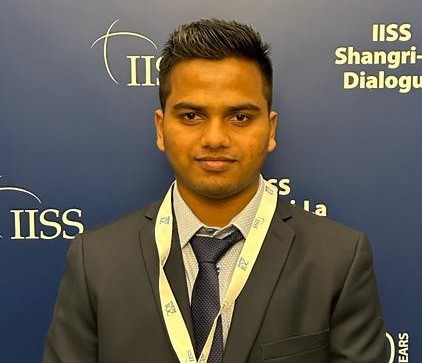
MOHAMMAD NOWKHIM
Refugee Leadership and Participation Working Group Chair
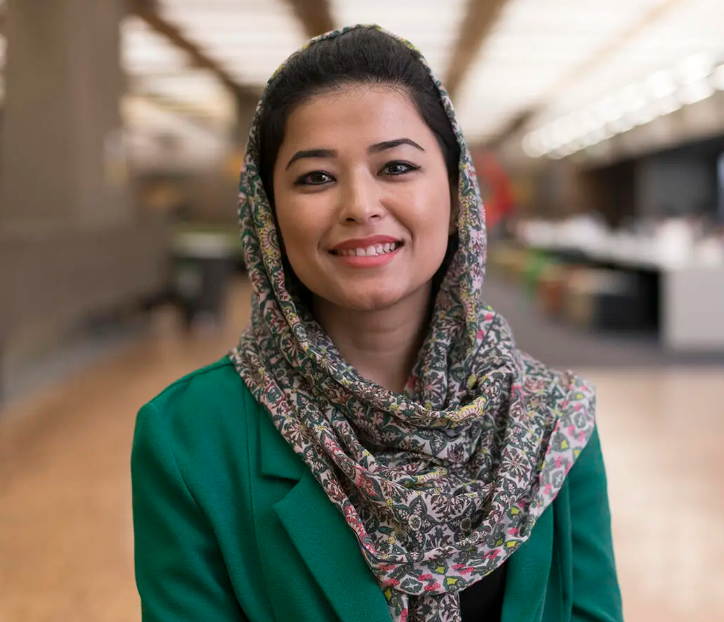
NAJEEBA WAZEFADOST
Refugee Leadership and Participation Working Group Deputy Chair
Background
The Asia Pacific region hosts some of the largest displaced populations in the world yet maintains the lowest number of signatory states to the 1951 Refugee Convention. The majority of national protection systems are ad hoc and precarious. Despite constituting at least half of the total number of refugees in the region, refugee women, LGBTQI+ persons and persons of diverse SOGIESC are significantly more marginalised than their male counterparts due to gender norms, domestic burdens and an absence of gender-responsive refugee protection policy.
Furthermore, within the refugee rights movement in Asia Pacific, women, LGBTQI+ persons and persons of diverse SOGIESC particularly those with lived refugee experience, are often excluded from leadership positions despite having the skills and capacity to effectively lead advocacy agendas and campaigns. The refugee rights advocacy agenda thus lacks representation from women, LGBTQI+ persons and persons of diverse SOGIESC. Leadership and representation of these groups is concurrently absent from high-level government meetings, consultations, strategy development or policy planning workshops which limits the inclusion of gender and diversity into policy and legislation.
In addition, gender equality, intersectionality and diversity is often omitted from organisational policies and practice. The outcome is, especially for refugee-led organisations, that gender, diversity and intersectional approaches are absent from advocacy planning, programmes or strategies; meaning the influence on decision-making, policy or legislative change lacks sufficient gender responsive components.
Focus Areas and Work
The Women, Gender and Diversity Working Group works to strengthen commitments to gender equality and rights advancement to improve lives of refugee and migrant women, LGBTQI+ persons and persons of diverse sexual orientation, gender identity, gender expression and sex characteristics (SOGIESC), and ensure their meaningful participation, leadership and active self-representation including strengthening leadership and participation at different fora.
Some of our efforts:
- Improve the inclusion of gender equality, intersectionality and diversity in the refugee rights advocacy agenda.
- To mainstream and create a greater understanding of gender, diversity and intersectional approaches through APRRN in its strategies and activities.
- To support the implementation of specific projects that advance gender, women's rights equality and diversity.
- Promote and actively enable refugee women and LGBTQI+ leadership and active participation at regional and global levels.
Latest
Forging Intersectional Feminist Futures Project
APRRN is currently participating in a consortium with the International Women’s Rights Actions Watch (IWRAW) and seven other networks on a joint project entitled the ‘Forging Intersectional Feminist Futures’ (FIFF). FIFF aims to strengthen intersectional movement-building in Asia, one that looks into developing transformative advocacy strategies that centre the voices and lived experiences of diverse groups of marginalised women and challenge multiple systems of oppression to achieve systemic gender equality.
Refugee Women and Girls: Key to the Global Compact Project
APRRN’s Women, Gender, and Diversity Working Group recently supported University of New South Wales (UNSW) in New Zealand in the 'Refugee Women and Girls: Key to the Global Compact', a multi-country collaborative action research project, to implement and monitor the commitments to women and girls in the Global Compact on Refugees. In particular, these commitments included ending SGBV, supporting gender equality and women's leadership, and improving protection for women and girls. The team conducted a series of roundtables, interviews, and training with refugee women focal points, NGOs, and UNHCR in Malaysia, Bangladesh, and Thailand to ensure meaningful participation and leadership of women and girls.
Gender and Diversity Mainstreaming
APRRN is aiming to mainstream gender and diversity practices and develop policies promoting gender equality and power-sharing across the network.
Leadership
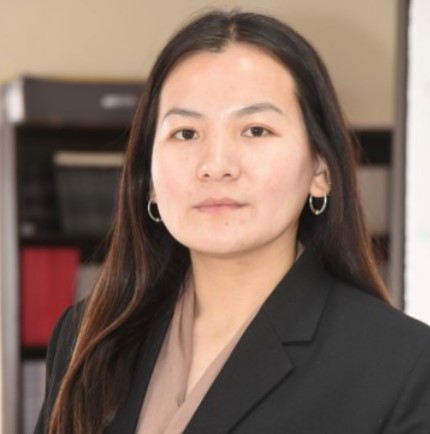
TENZIN DAWA
Women, Gender, and Diversity Working Group Chair
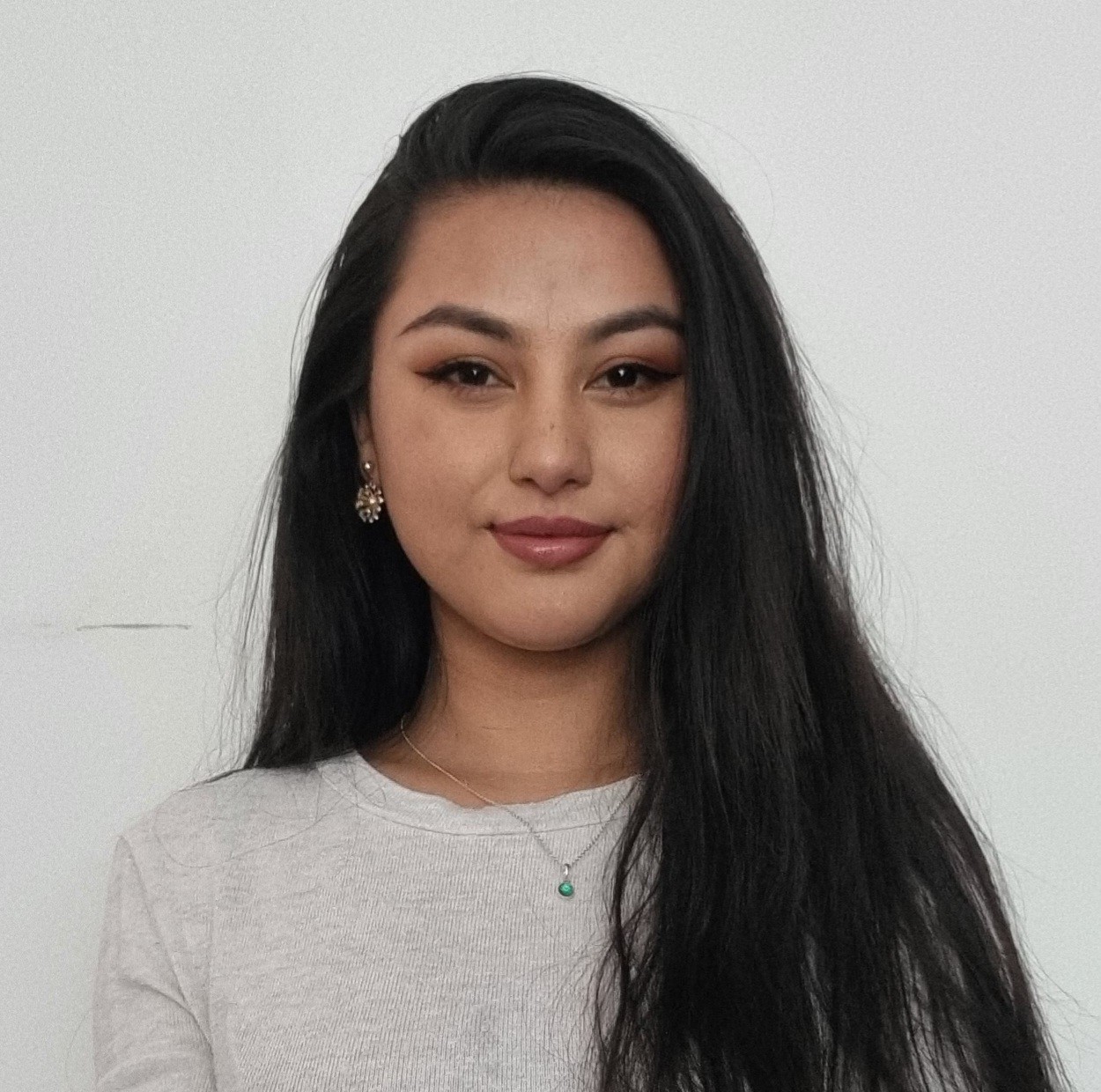
HANISHA
Women, Gender, and Diversity Working Group Deputy Chair
Background
The Asia Pacific region hosts more than half the world's refugees and has the largest number of stateless persons globally. Due to a lack of a protective framework for refugees and stateless persons in many countries across the region, individuals are at risk of arbitrary detention, often in conditions that fall well short of international standards. At the same time, governments across the Asia Pacific increasingly use immigration detention as a means to deal with refugees, asylum seekers, stateless persons and irregular migrants. People remain detained for seeking protection, often in substandard conditions, overcrowded facilities, and without access to legal advice.
During the COVID-19 pandemic, APRRN saw systemic disregard for public health advice to release people from detention which resulted in outbreaks and subsequent harm in various detention facilities across the region. Across the region, there is a lack of data on the immigration detention context, which limits coordinated or effective response to prevent and end immigration detention in the region. Without this data, advocacy surrounding immigration detention reform cannot take place.
Recent positive developments, such as Thailand’s National Screening Mechanism and MoU to End Immigration Detention of Children, of which APRRN has been integral in passing, signals the potential to leverage this traction to expand the refugee protection space.
Focus Areas and Work
The Immigration Detention Working Group works to improve protection and increase access to justice for detainees, limit and end the use of immigration detention, and advocate for alternatives to detention (ATDs). The work of the Immigration Detention Working Group includes the development of national and regional action plans to achieve these goals, as well as the organisation of advocacy and capacity strengthening workshops around themes related to immigration detention and ATDs.
Our advocacy focus areas include:
- Promoting learning from existing good practices in the region (e.g. Hong Kong)
- Promote Alternatives to Detention with ASEAN structures
- Promote that, within the next five years, no children are detained/Engage with the "End Child Detention" Campaign of the International Detention Coalition
- Engage National Human Rights Commissions on detention monitoring
Some of our current efforts:
- Prevent and end immigration detention across the Asia Pacific region
- Gain a better understanding of how persons who are stateless or at risk of statelessness are affected by the use of immigration detention in the region
- Support APRRN members in advocacy to improve conditions of immigration detention, including access to detention facilities
- Identify and support refugee leadership to engage in advocacy around limiting and ending the use of immigration detention in the region
Latest
- Collaboration with other APRRN working groups (particularly South East Asia and Regional Protection) to engage ASEAN and other regional mechanisms on ending immigration detention of vulnerable groups with a focus on children. Advocacy in particular is directed to the ASEAN Commission on the Promotion and Protection of the Rights of Women and Children (ACWC) around the upcoming Regional Plan of Action (RPA) to operationalize the ASEAN Declaration on the Rights of Children in the Context of Migration.
- APRRN is also working on advocacy to end immigration detention of Assam refugees in India, as well as delivering capacity building to prevent and end immigration detention across South Asia. This includes gaining a more in-depth understanding of the detention context and opportunities for advocacy to reform immigration detention systems in India, Pakistan, Bangladesh, and Sri Lanka, and rolling out capacity building related to this.
Leadership
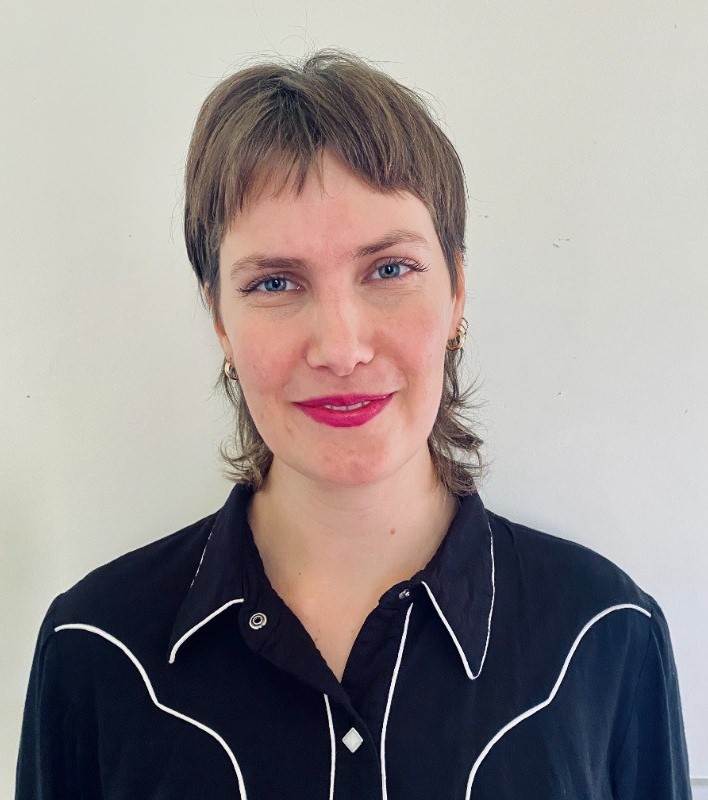
CELIA FINCH
Immigration Detention Working Group Chair
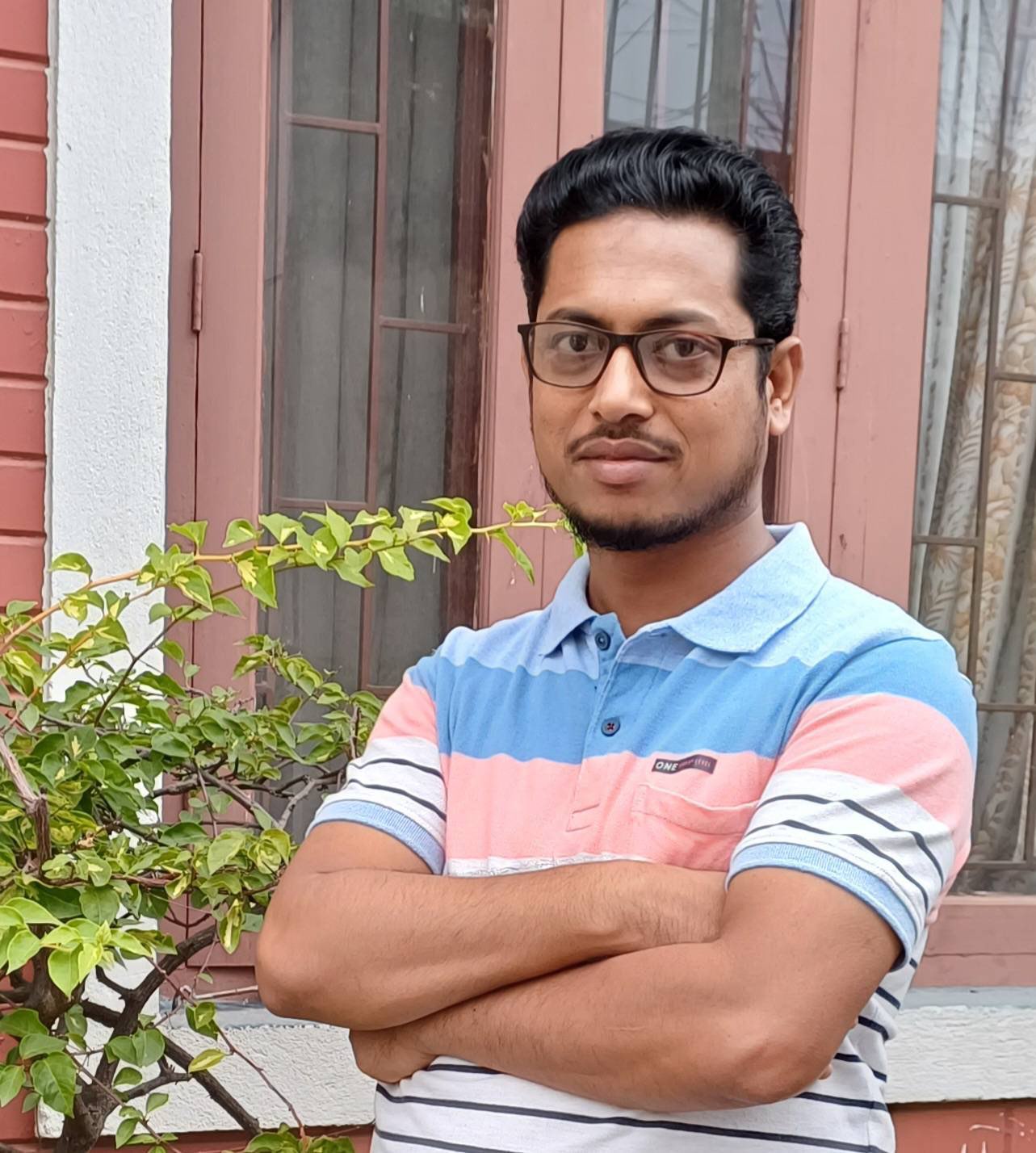
JAFARULLAH
Immigration Detention Working Group Deputy Chair
Background
Law is central to the protection of refugees, asylum-seekers, stateless persons and others forcibly displaced, and it is key in the search for solutions to their displacement. Yet, too often, refugees and other forcibly displaced communities – and those who serve them – lack the ability to access legal services to address their legal needs. This is the case in the Asia Pacific region, which hosts some of the largest displaced populations in the world, yet maintains the fewest protections available, and sparse frameworks for advancing policy.
Focus Areas and Work
Some of our efforts:
- Strengthen the capacity of lawyers, NGOs, and refugee-led organisations in refugee protection and rights
- Ensure efficient and timely sharing of information relevant to access to protection and rights
- Contribute to and monitor the development and implementation of fair and rights-based state-led protection systems
- Support the development and implementation of advocacy strategies to address priority legal issues
- Support RLOs to access free legal assistance to address operational and community needs
Latest
- RSD Network
Following a suggestion from members of the LAAWG, in 2023 the working group formed an RSD network. The network consists of members who work in UNHCR mandate RSD jurisdictions. The group meets regularly to share experiences and discuss common areas of interest relating to legal aid, RSD, and refugee protection in countries across the region. The network seeks to identify and facilitate regional advocacy on related issues.
- Strategic Litigation
The LAAWG is engaged in an emerging strategic litigation work stream, coordinated by APRRN and OHCHR, bringing together APRRN members and other stakeholders who are interested in and working on strategic litigation on migrant rights in the region.
- Knowledge sharing & coordination among legal actors
Members of the LAWWG share information, resources, Country of Origin Information (COI), case law, and legal analysis with each other. The working group seeks to support initiatives among members, for example, by arranging webinars to discuss and learn from each other on relevant legal developments in the region. The working group also supports members to coordinate bilaterally, where they can learn from and be supported by each other's work.
- GRF Legal Community Pledge
In 2019 for the Global Refugee Forum, the LAAWG joined other legal actors to contribute towards a joint Global Legal Community Pledge. The Pledge seeks to harness the expertise, passion, and influence of legal professionals to drive meaningful change for displaced people globally and to ensure that refugee rights are upheld and strengthened. The LAAWG Chair, the APRRN Secretariat, and several LAAWG members in their organisational capacity are part of the Core Group coordinating activities, including launching the Legal Community Pledge for the 2023 Global Refugee Forum. See here, to find out more and join the Pledge.
Leadership
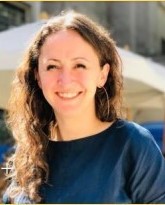
SABINE LARRIBEAU
Legal Aid and Advocacy Working Group Chair
